Missing Teeth Replacement- Missing teeth Causes, Prevention
If you are missing teeth, you may be all too aware of their importance to your looks (Aesthetic), dental health, as well your general health. Missing teeth can represent the condition of your oral health. In this article I will discuss about missing tooth & Missing Teeth Replacement.
Causes of missing tooth:
• Extraction
• Gum disease & Periodontitis
• Trauma
• Caries
• Physiologically or anatomically missing teeth
How to Prevent it?
• Maintain Oral hygiene, Know how to maintain proper oral hygiene-CLICK HERE
• Visit to dentist atleast one time, every year for dental check-up
• Don’t extract your tooth if tooth restoration is possible.
• Atleast every year get scaling treatment.
Why Missing Teeth Replacement is needed?
• Helps to masticate of food properly. Improper mastication can cause digestion problems.
• Improve Aesthetic (look) & smile
• Your teeth are designed in aligned to work together to help you chew. When teeth are missing, it is difficult to do these things. So if one or more is missing then side teeth can be drift out of position & change in occlusion. Shifting of teeth position lead to gum problem, dental caries & spacing of tooth etc.
• Missing teeth can causes change in occlusion, trauma from occlusion & tooth attrition etc.
• Missing tooth can cause TMJ problems, headache, lock jaw etc.
What the Missing Teeth Replacement options?
• Removable partial or complete dentures
• Tooth-supported fixed bridge
• Resin-Bonded & Composite Bridge
• Dental Implant
1) Removable partial or complete dentures: Removable denture is designed to replace one or multiple missing teeth in the same arch and which may or may not be adjacent to each other. There are several styles & type of removable denture and they have many names. The denture base made of an acrylic base which is sometimes strengthened commonly with Cobalt chrome metal framework. Different type colour shade artificial tooth is available.
Benefits:
• Less expensive than tooth supported fixed bridges or implants
• Procedure is non-invasive and relatively quick
Disadvantages:
• Can be unstable and uncomfortable
• Some time may cause ulcer, denture stomatitis.
• Not function as well as fixed teeth
• When alveolar bone loss is present & defect in ridge, removal denture can’t be use.
• Always may not always look very natural
• Need to be removed every day and thoroughly cleaned and to be maintained, left out overnight & should keep in water or solution.
• Quite fragile and easily broken on excess pressure.
• Bone underneath a removable partial denture may deteriorate over time, need to be replaced or relined quite frequently
2) Tooth-supported fixed bridge: The most common alternative to dental implants for single teeth or multiple teeth fixed bridges involve grinding of supporting teeth – in other words, intentionally damaging – healthy adjacent teeth that are used to attach and support the bridge.
Benefits:
• It is less expensive than implant.
• Feel and function just like your real teeth
• Maintenance is easy, as a fixed bridge can simply be brushed and flossed
• This treatment will normally only take two weeks to complete (If RCT not done)
Disadvantages:
• More expensive than a removable denture
• Supporting tooth should be strong & then only it can be done.
• Once these teeth are ground down, there is an increased risk that they could become decayed and infected in the future
• Must thoroughly clean underneath the bridge (pontic) and there is a possibility that this could become a food trap, especially as bone loss occurs
• Later grinding of supporting teeth can cause tooth sensitivity or pain if intentional RCT is not done for supporting teeth structure.
3) Resin-Bonded & Composite Bridge: It also called Maryland bridge, this is sometimes considered for replacing front teeth. It has wings on the back side of tooth each side to attach to healthy, adjacent teeth but usually doesn’t involve preparing, or grinding down, other teeth.
Benefits:
• Cheaper and less invasive than a fixed bridge supported by your natural teeth
• Restores your ability to smile and to eat and speak
• Prevents your remaining teeth from drifting out of missing place
Disadvantages:
• Isn’t very strong, which is why it is only used to restore front teeth
• Hard food can cause the bridge to pop out your teeth and need to be re-cemented
4) Dental Implant: It is places a post (most commonly titanium) inserted into the jawbone to support a restorative or replacement crown, bridge or denture. They can be the best solution for people missing one or more teeth due to injury, periodontal disease or other oral health problem.
Benefits:
• Success rates of treatment are good.
• They are durable and permanent
• Minimal maintenance is required other than good oral hygiene and professional dental checkups and cleanings
• Feel natural and comfortable and provide the best aesthetics
Disadvantages:
• Treatment is more invasive – a surgical procedure is required to insert implant
• Most expensive tooth replacement solution
• Treatment takes longer and requires a greater number of dental visits compared to other options
• Implant failure is also seen after successful implant placement.
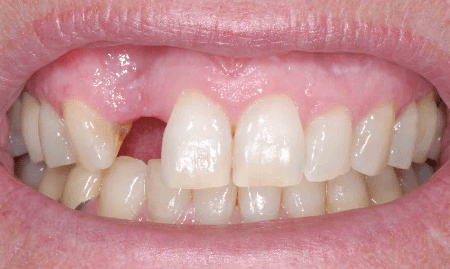
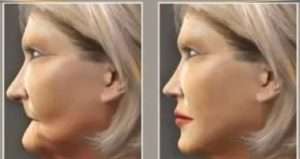
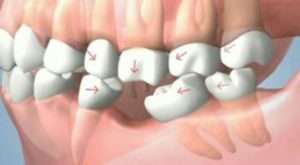
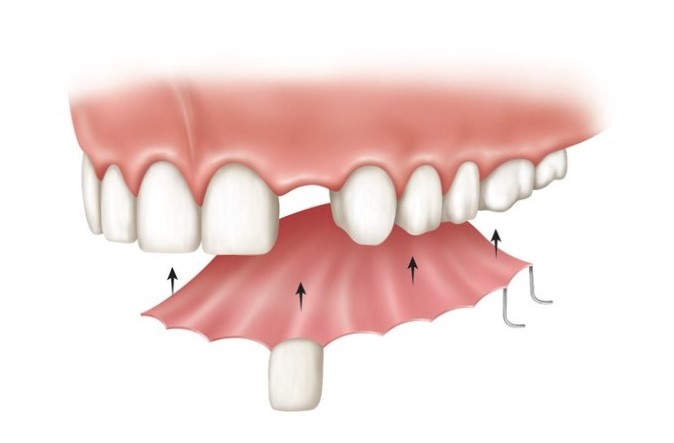
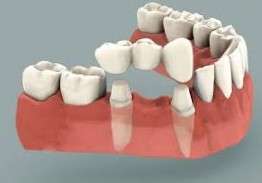
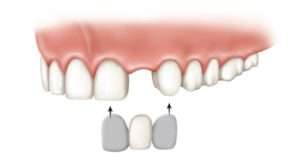
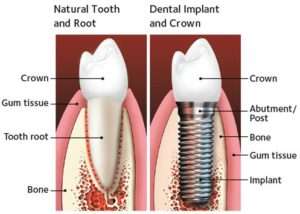
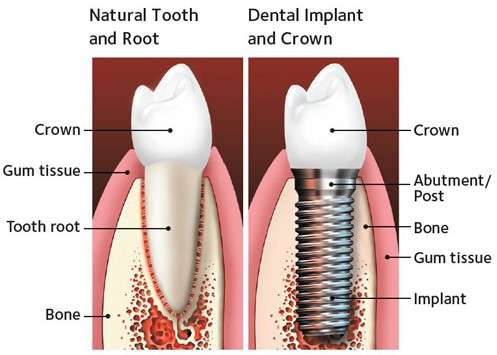
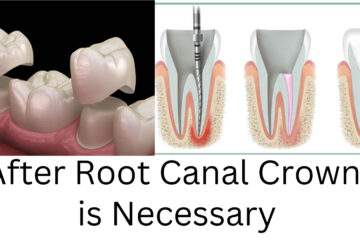
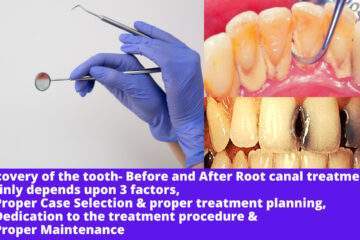
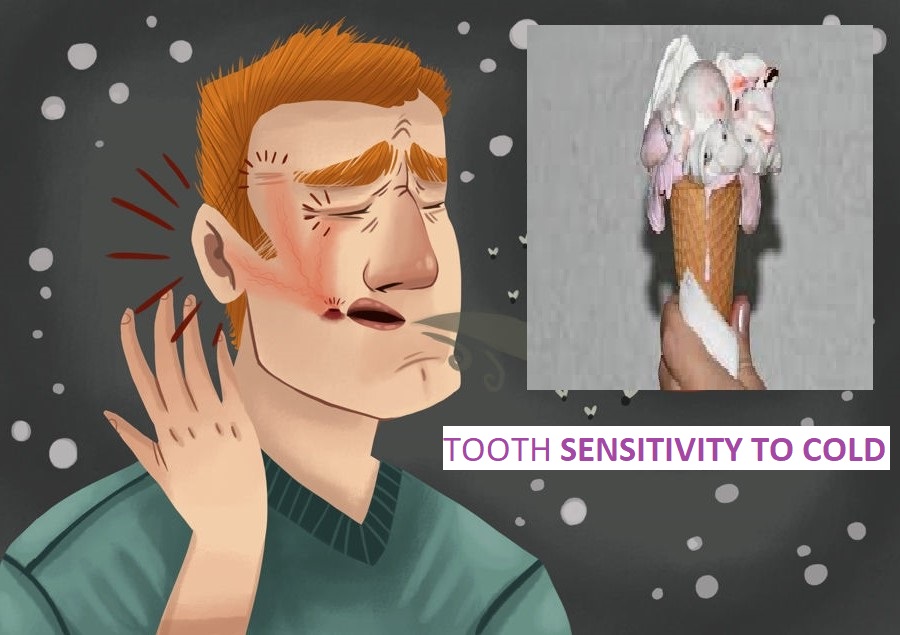
0 Comments